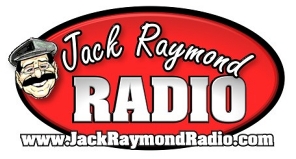
You can see and hear the great radio personalities who were my heroes. I “borrowed” from all of them because I admired their careers and talent. Later in my career, I got to work with and write comedy for some of them. You can read what made these radio personalities great and hear highlights from their radio programs. All audio files on this page are from our private collection and most has not been heard since they were originally broadcast.
Choose from a name on the right to get started.
